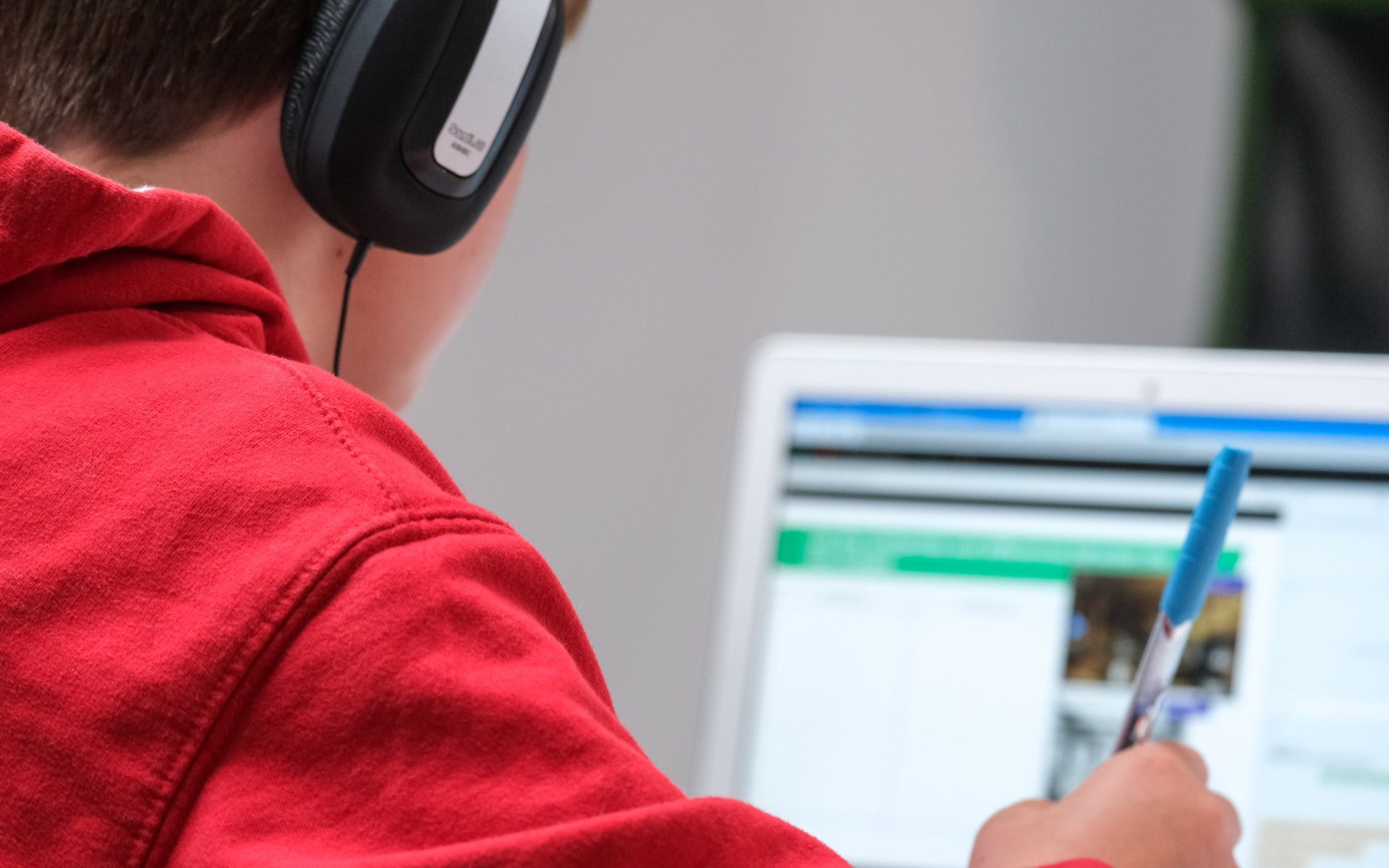In the United States, the higher education system has long been held as the key to upward socio-economic mobility. However, a significant disparity between college attendance rates of whites and minorities is a prevailing concern in the country. Studies suggest that the gap is getting worse instead of closing over time. According to the National Center for Education Statistics, as of 2018, only 42% of Hispanic and 35% of Black Americans aged 18 to 24 were enrolled in college, as opposed to 56% of Whites. Furthermore, in the fall of 2017, the gap between entry rates of White and Black …
Continue reading “The College Attendance Gap Between Whites and Minorities is Getting Worse”







